The ’70s were a groovy time, full of unique slang that reflected the era’s free-spirited vibe and cultural quirks. It was a decade when language felt alive, evolving through music, fashion, and a counterculture that embraced individuality. Many of these words have faded away, but they hold a nostalgic charm that reminds us of a simpler, funkier time. Let’s take a stroll down memory lane and revisit 12 forgotten slang words from the ’70s that totally deserve a comeback.
1. Keep On Truckin’

“Keep on truckin’” was more than just a catchphrase in the ’70s—it was a mantra for perseverance and a nod to the independent spirit of the time. Popularized by underground comics like those by Robert Crumb, the phrase embodied the laid-back determination to move forward, no matter what. Whether you were cruising down Route 66 in your van or simply navigating life’s ups and downs, “keep on truckin’” was a reminder to stay the course. It captured the era’s love of freedom, self-expression, and resilience, all with a touch of humor and grooviness.
Today’s equivalents, like “hang in there” or “keep going,” lack the colorful charm and upbeat energy of “keep on truckin’.” Reviving this phrase could bring a bit of lighthearted encouragement to tough situations, a nod to the optimism that defined the ’70s. Whether you’re cheering up a friend or motivating yourself to tackle a busy day, “keep on truckin’” has a timeless quality that reminds us to take life’s journey in stride—and with a little style.
2. Far Out

When something was exceptionally cool or mind-blowing in the ’70s, it was “far out.” This phrase had a cosmic flair, as if the experience was so incredible it couldn’t be contained on Earth. Whether you were marveling at a Pink Floyd laser light show or discovering the latest issue of Rolling Stone, “far out” was your go-to exclamation. It captured the essence of a generation exploring new frontiers, both physically and mentally, often with a psychedelic twist. It wasn’t just a description; it was an expression of pure awe.
Today, we might say “awesome” or “cool,” but neither has the same cosmic resonance. Imagine reviving this gem to react to your friend’s vacation photos or an impressive recipe they just whipped up. “Far out” has the power to make the mundane sound extraordinary, a gift we could all use more of in our daily lives. Let’s bring it back to remind the world of the wonder we once found in everything.
3. Outta Sight
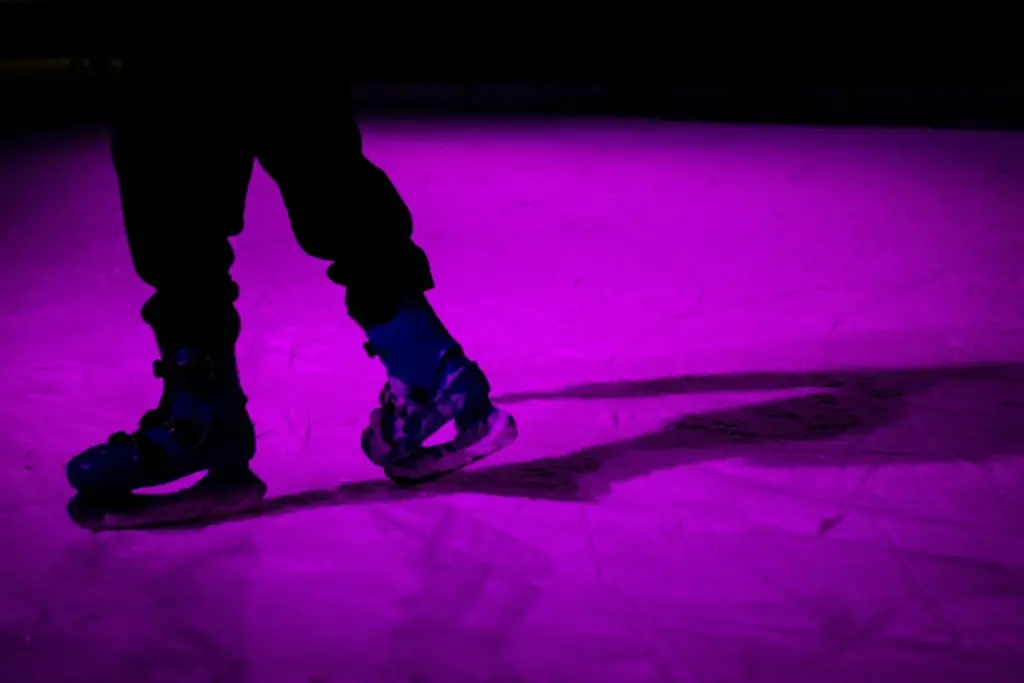
Back in the ’70s, if something was so amazing it seemed beyond comprehension, you’d call it “outta sight.” This slang was everywhere, from radio DJs hyping up the latest disco hit to your friends complimenting your new bell-bottoms. It was more than just a way to say something was good; it was about declaring that it had transcended normal expectations. The phrase reflected the decade’s emphasis on imagination and exploration, whether through art, music, or lifestyle.
The best part about “outta sight” is how enthusiastic it sounds, almost as if the speaker is completely blown away. It’s not a term you’d throw around casually; it’s meant to emphasize genuine admiration. It could add flair to your compliments today, reminding people that excitement doesn’t have to be muted. Instead of saying, “Nice job,” why not shout, “Outta sight!” and really make someone’s day?
4. Right On

Few phrases capture the laid-back, affirmative vibe of the ’70s quite like “right on.” This versatile bit of slang could be used as a way to agree with someone, express encouragement, or simply acknowledge something cool. It was casual and warm, often used in conversations about social movements or everyday plans. Hearing it felt like a small nod of camaraderie, a verbal fist bump that kept the mood mellow.
In today’s world, we often opt for phrases like “totally” or “sounds good,” but they lack the same genuine groove. “Right on” carries a subtle optimism that’s infectious, making it the perfect way to bring back a little ’70s magic. Use it to seal your approval on someone’s idea or just to keep the good vibes flowing—it’s a linguistic time machine to the days of bell-bottoms and peace signs.
5. Boogie
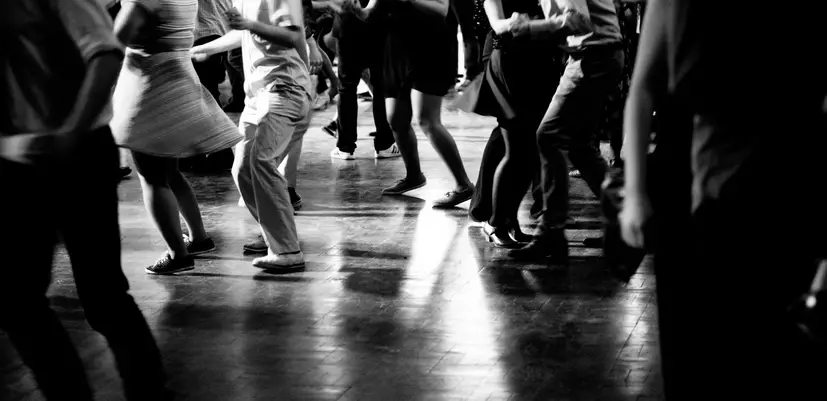
Dancing wasn’t just an activity in the ’70s; it was a way of life, and “boogie” was the word to describe it. Whether you were hitting the disco floor under the glittering light of a mirror ball or grooving in your living room to some Earth, Wind & Fire, boogie captured the joy and freedom of movement. It wasn’t just a term—it was an invitation.
Today’s terms like “dance” or “get down” don’t quite have the playful, carefree vibe of “boogie.” Bringing it back would remind us that dancing isn’t just about technique—it’s about having fun and letting loose. So next time you hear a song you love, don’t just sway; boogie like it’s 1977.
6. Cool Beans
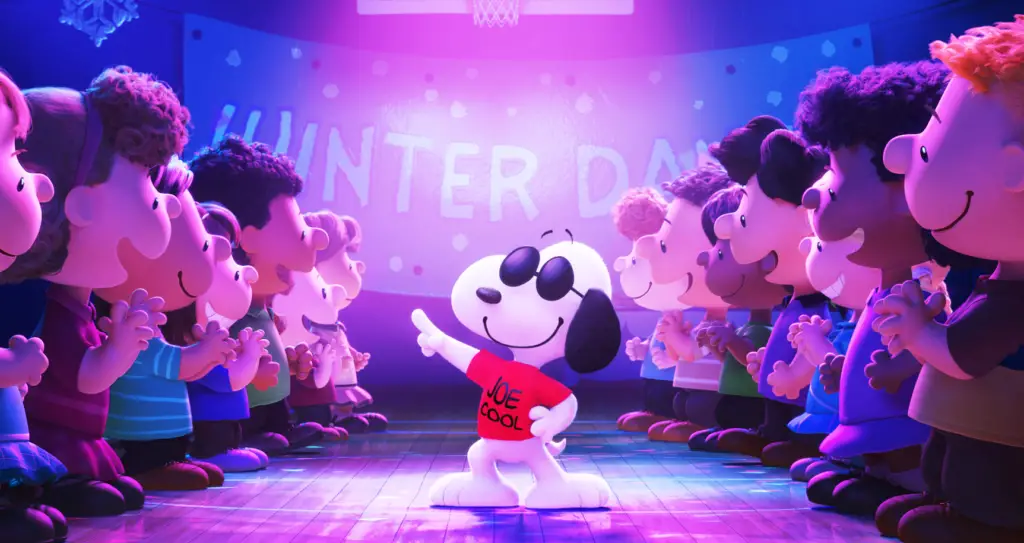
“Cool beans” might sound silly to modern ears, but in the ’70s, it was a fun, lighthearted way to say “that’s awesome.” It combined the decade’s obsession with “cool” as a concept and the quirky flair that made its slang so memorable. You could say it to acknowledge anything from a friend’s new skateboard trick to plans for a Saturday night movie.
In a world filled with emojis and abbreviations, “cool beans” feels refreshingly genuine. It’s a term that doesn’t take itself too seriously, adding a touch of whimsy to your conversations. If someone shares good news, imagine their smile when you bring back this classic reply. It’s retro, it’s fun, and it’s way overdue for a comeback.
7. Groovy
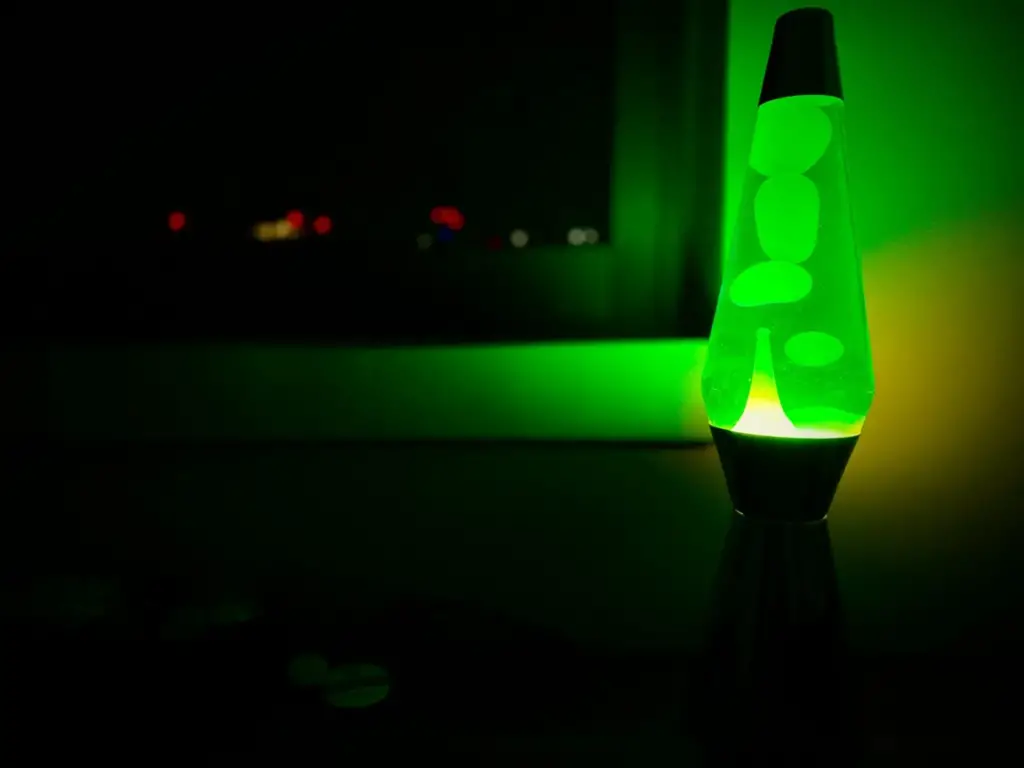
Few words scream ’70s as loudly as “groovy.” Originating from the grooves of vinyl records, it came to describe anything that was excellent, stylish, or just plain good vibes. Whether you were admiring someone’s outfit or enjoying a day at the beach, “groovy” was the perfect descriptor.
Though it’s often seen as a caricature of the era now, “groovy” deserves another chance. It encapsulates a positive, carefree attitude that we could all use a bit more of. If we can reclaim other vintage slang, why not this one? Let’s celebrate the groovy moments in life, big and small.
8. Funky
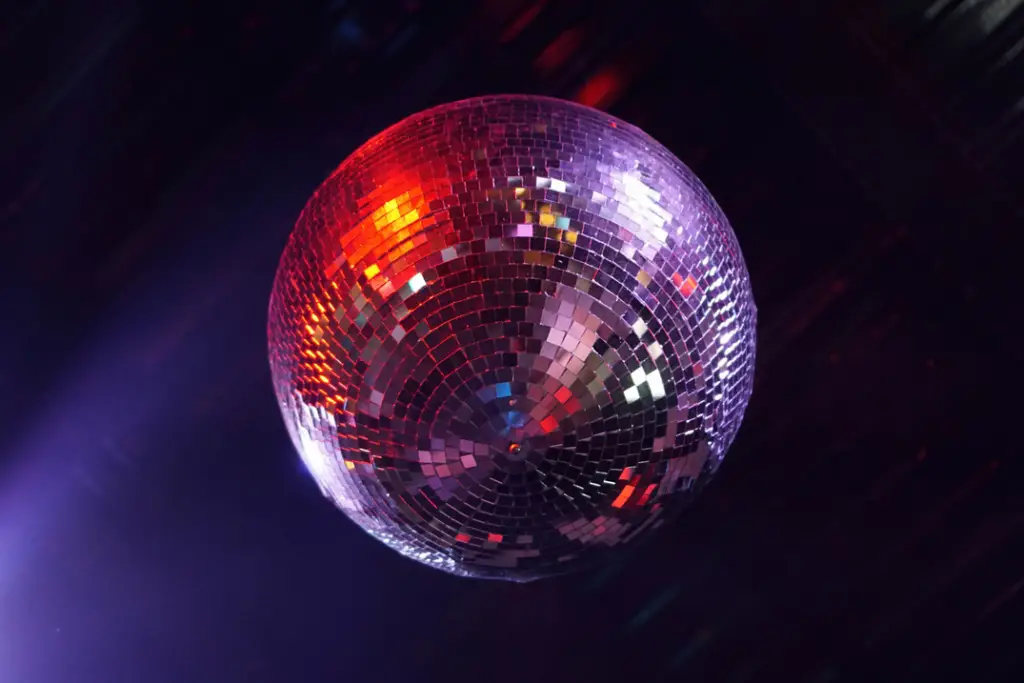
“Funky” in the ’70s was all about flavor, whether it was musical, personal, or fashion-related. If a band had a killer bassline, it was funky. If someone had a bold sense of style, they were funky. It was a term that celebrated individuality and flair.
These days, “funky” has taken on different meanings, but it’s time to return to its roots. Let’s use it to describe anything uniquely cool, from a new piece of art to someone’s creative idea. Funky is more than a word—it’s a mindset, and it deserves to shine once again.
9. Dig It

When you wanted to say you understood or agreed with something in the ’70s, you’d say, “I dig it.” It was a phrase that carried a sense of connection and enthusiasm, whether you were discussing politics or your favorite band.
Modern equivalents like “I get it” feel too sterile by comparison. Reviving “dig it” would bring back the warmth and engagement of conversations from a more connected era. It’s a small way to honor the decade’s spirit of understanding and mutual respect.
10. Solid

“Solid” was the ultimate compliment in the ’70s, used to describe something dependable, trustworthy, or just plain great. If you had a “solid” friend, they were someone you could count on. If a movie was “solid,” it was worth watching.
The simplicity of this term is what makes it so appealing. It’s direct, heartfelt, and full of meaning. Bringing it back could add a little more sincerity to our vocabulary. Sometimes, the best words are the ones that say the most with the least.
11. Bread
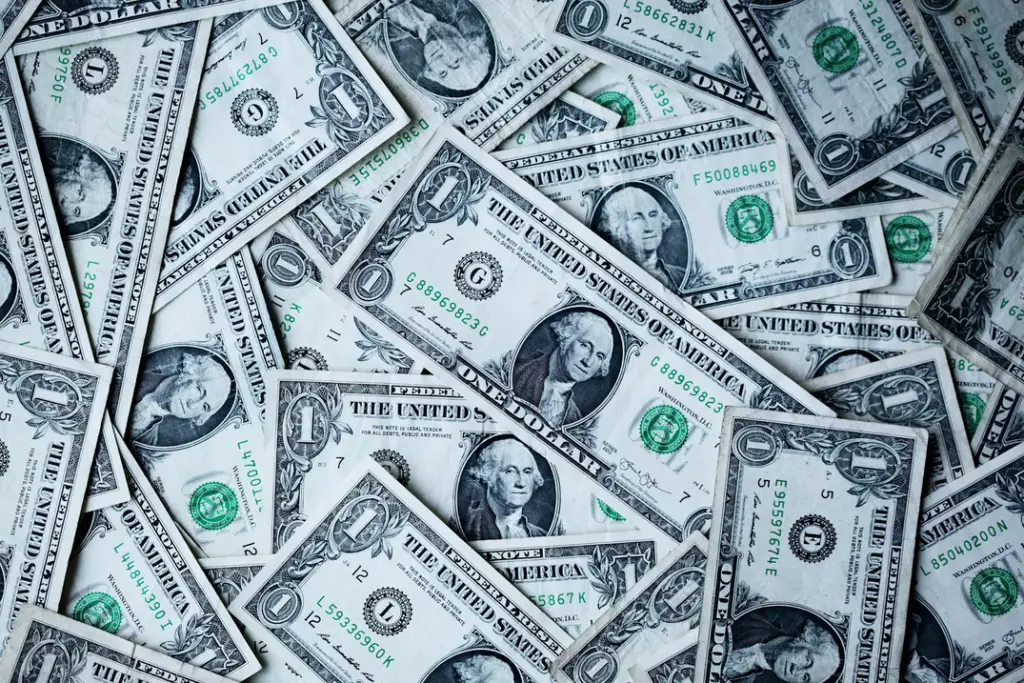
In the ’70s, “bread” wasn’t just for sandwiches—it was also slang for money. This term came from the earlier phrase “bread and butter,” symbolizing sustenance and livelihood. It was casual and cool, a way to talk about finances without sounding too serious.
With so many modern terms for money, “bread” feels like a charming throwback. It’s practical and playful, perfect for lightening up conversations about an otherwise dry topic. Let’s bring back “bread” and make talking about money a little more fun.
12. Catch You on the Flip Side

A groovy way to say goodbye, “catch you on the flip side” originated with radio DJs flipping vinyl records. It suggested that you’d see someone later, adding a sense of optimism to farewells. It was casual, friendly, and full of promise.
In a world of quick texts and abrupt goodbyes, this phrase feels like a warm hug. Let’s bring it back to remind people that goodbyes don’t have to feel final—they can be a promise of more good times ahead.
The ’70s gave us a rich vocabulary that reflected its vibrant culture and spirit. Bringing these words back into the spotlight would be a fun way to honor a decade that valued creativity, connection, and individuality. So next time you’re searching for the perfect word, why not go retro? Far out, right?


